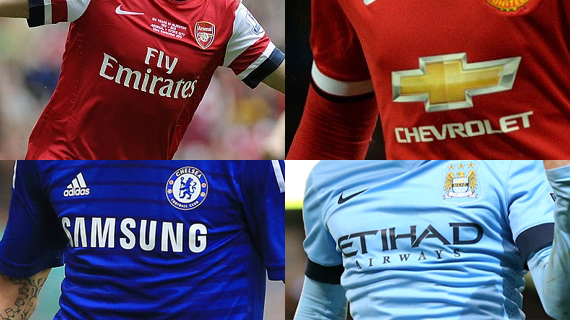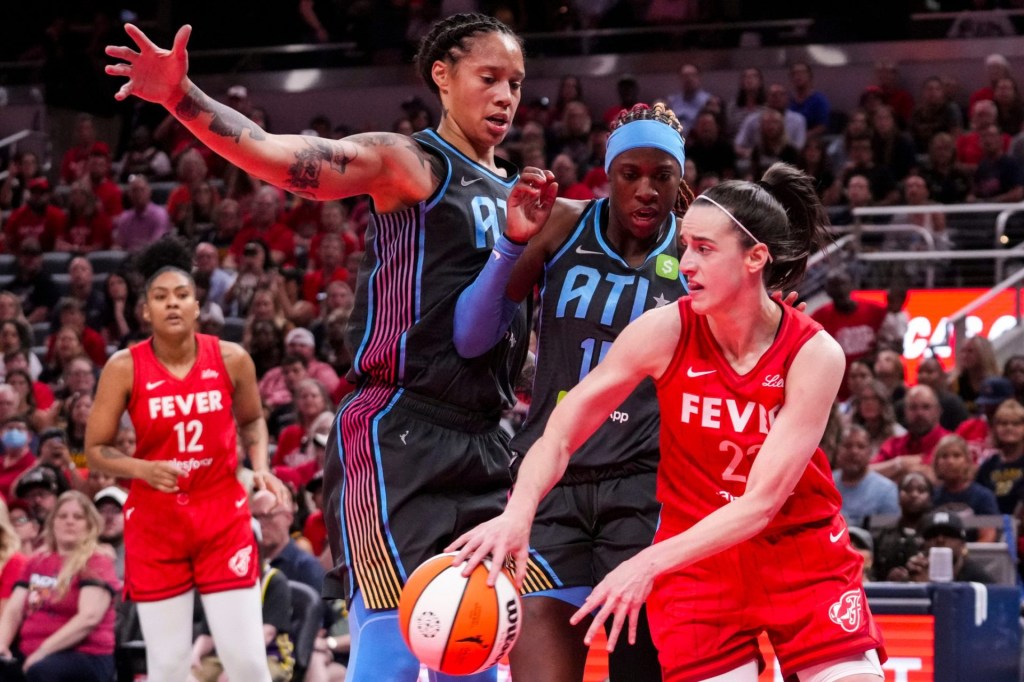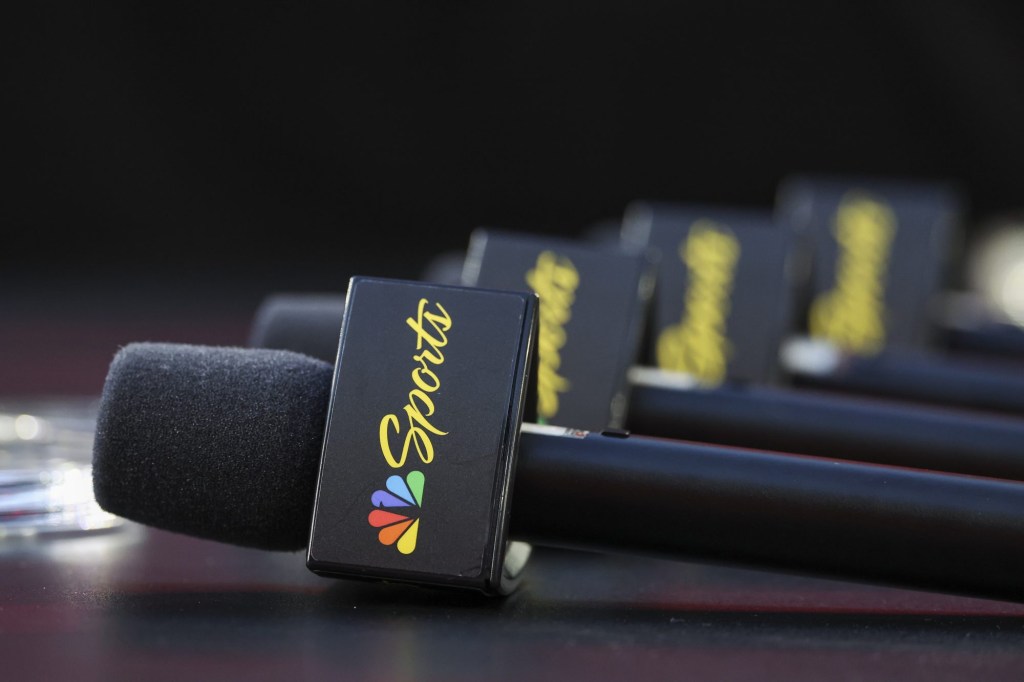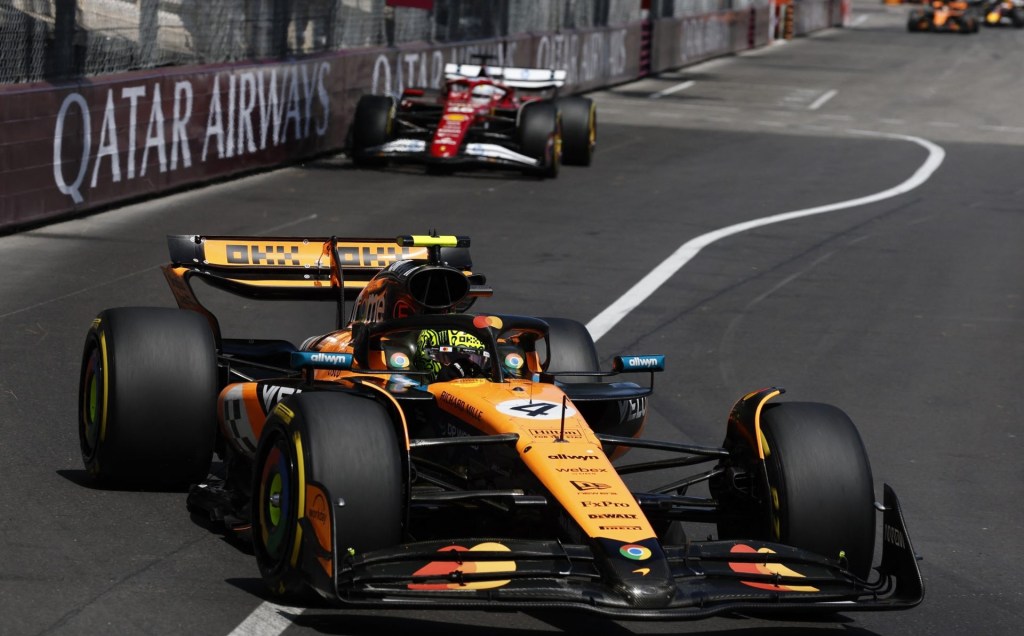The technology could end up saving companies time and money.
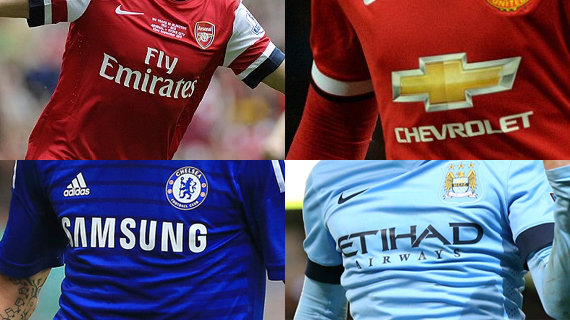
This is a follow up to my original piece about sponsorship valuations, where I highlighted GumGum’s role in changing the sponsorship marketplace.
My piece a few weeks ago touched upon a future where agencies would have a shrinking role in sponsorship valuations.
One thing that I failed to mention was that this would not necessary apply on a wide scale — rather, it would largely apply to agencies for whom valuations were a part of their competitive advantage. As this market shrinks due to automation (indeed, perhaps the easiest part of the agency’s job to automate), so do the value of these agencies — leading to relative gains for agencies whose expertise lie elsewhere.
As mentioned in my previous piece, sponsorship agencies generally execute a few, specific jobs for their corporate clients: sponsorship strategy, valuations, negotiations, and creative activations.
The sponsorship landscape currently looks similar to real estate, where a buy side and sell side negotiate via agents who broker the deal between the two sides. And while real estate agents have been accused of exhibiting rent-seeking behaviour, they in fact provide a valuable service — by doing a job that their clients cannot perform within their limited resources. In other words, they act as both outsourced time and expertise.
There are two potential outcomes to this: that automated valuations marginalizes the role of an agency, or that the widespread adoption of these algorithms modularizes a currently inefficient practice, leading to overall productivity gains in the industry. Neither of these are mutually exclusive, and can both occur at the same time.
Marginalization and Modularization
One of the key benefits of automation are reduced opportunity costs. In using machine learning, marginal costs are essentially reduced to zero, versus the alternative of using humans — which has much higher marginal costs associated with it.
This particularly holds for agencies, where individual employees are expected to take on multiple tasks. In my interview with Andrew Stallings, he mentioned that his day-to-day is far from repetitive — including last-minute requests and travelling the world to clients’ events.
This means that if an employee is spending an hour on valuations (which can be a labour-intensive task), they are not able to work on other tasks — which may, in fact, add more value to the business than valuations.
The conundrum here is that valuations are a necessary, base task for most agencies, but may also provide equivalent, or less value, than other important tasks. This leads to many consequences, such as bloated work hours and inefficient productivity.
If automated valuations reach widespread usage, and an agency continues to rely on valuations as its value prop, they are at a significant disadvantage relative to their competitive agencies. If their relative inaccuracy (due to human error and subjectivity) are not enough to create the disadvantage, their speed and capacity could never hope to match that of a machine.
And those are the agencies that are at risk of marginalization — if your company’s value is predicated on its ability to create sponsorship valuations, and the algorithms can provide better quality for less, clients will have good reason to drop their services!
That said, most agencies are straying away from this anyways, which will lead to a more positive outcome. If valuations become modularized (which would be the result of widespread automation), agencies will be left to focus on arguably the comparative advantages bestowed upon humans: the ability to think creatively on multiple problems, and socialize with other humans (remember the jobs that agencies perform!).
The Delmondo/Uru Partnership
One development to keep an eye on has been the recent partnership between Delmondo and Uru, who have joined forces to deliver a computer vision and AI product for their clients.
Similar to GumGum Sports, Delmondo and Uru have developed their own models to track their clients’ exposure throughout social content — i.e.: they are able to track number of times branding appears, time exposed, and clarity of visibility. Combined with viewership and audience data, Delmondo and Uru provide their clients with sponsorship valuations. In addition, they provide properties with value of inventory, and platform recommendations for brands.
Uru is the computer vision and AI half of this partnership, and works with brands to create “data blueprints” of videos which contain their branding. Meanwhile, Delmondo aggregates social media data for their their clients, and provides Uru with some of the data required to develop their algorithms.
In order to develop the best algorithms, Uru will require a large dataset — and assuming that clients are willing to share, much of Uru’s success will be directly tied to the quantity and quality of data that they receive. And given this, Delmondo and Uru may be at an advantage relative to their competitors. Delmondo’s ability to provide large quantities of clean data is hugely important — plus, as partners, they will have an incentive to maintain quality.
But when it comes to training models, Uru has been able to create “synthetic” or “hallucinated” data. I reached out to Bill Marino, Co-Founder and CEO of Uru, who said the following:
“Our models are trained on different types of data. Some of it is from public datasets and much of it is from a proprietary dataset, created by us or our customers through annotation. But the coolest part is that some of the data that we use is what you would call ‘synthetic’ or ‘hallucinated’ data.”
While Delmondo and Uru have datasets spanning 3 years, hallucinated data — in other words, simulated or computer-generated training data — further fills in the gaps and is, in Marino’s words “shockingly effective at boosting performance.”
Uru has also developed a way to evaluate a video’s level of brand safety. Eric Franchi, Uru investor and advisor to both Delmondo and Uru, explains the process:
“The big implication of this is brand safety. A lot of brands have, through their advertising, had their branding attached to inappropriate content. And this is tough to control. But through technology (such as Uru’s machine learning capabilities), we can identify and scale across all platforms.”
In other words, brands have been unable to measure the effect of brand association with negative images. While this does not solve that per se, it does provide an indication of where the specific activation stands. Brand safety becomes more valuable when you consider the subjective nature of advertising. Brands will now be able to concretely identify brand safety without having to rely on individual people having to count and guess.
This piece has been presented to you by SMU’s Master of Science in Sport Management.
Front Office Sports is a leading multi-platform publication and industry resource that covers the intersection of business and sports.
Want to learn more, or have a story featured about you or your organization? Contact us today.
